Curbside recycling: Love it or forget it? Study brings the truth to light
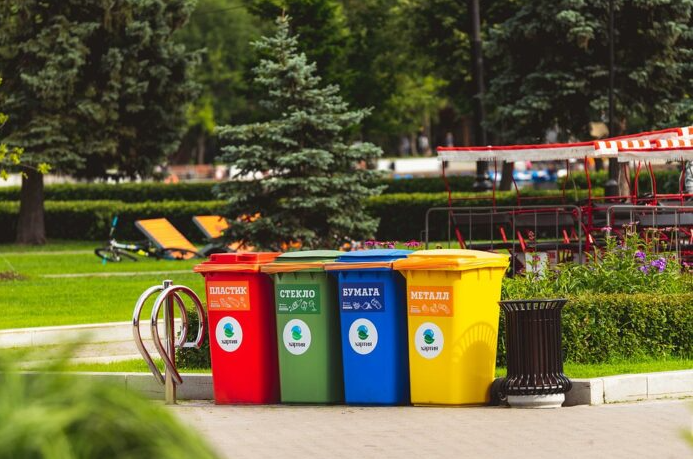
Hey what’s up! Today we bring you a study that leaves us surprised, did you know what? curbside recycling may be the answer to countering greenhouse gas emissions generated by trash ending up in landfills. Who would have imagined it! A group of brainiacs took it upon themselves to delve into the economic and environmental value of community recycling efforts, comparing them to other strategies to combat climate change. And surprise, they discovered that recycling offers an equal or even better return on investment than environmentally friendly measures, such as switching to electric vehicles or buying green energy, which is electricity from clean, renewable sources.
Missing the opportunity to recycle is missing out on one of the easiest ways communities and citizens can help reduce the impact of climate change and our demand on natural resources, we know recycling won’t solve the problem on its own, but it is a piece of the puzzle.

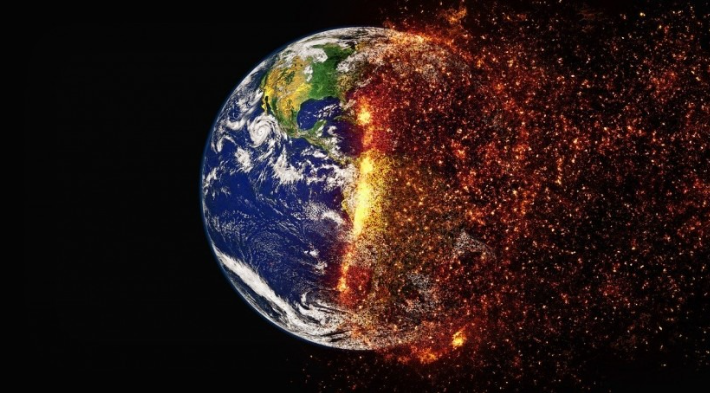
The bad news is that many cities and towns in various countries have canceled or reduced their recycling programs due to rising costs, recent restrictions on recyclable materials being exported to international markets have sent costs skyrocketing; but this does not mean that we should give up.
Researchers Townsend and Malak Anshassi, from Florida Polytechnic University, looked at how much more expensive recycling is compared to simply throwing trash in the trash and looked to see if the resale value of recyclable materials might be enough to fund the program. They also investigated how recycling at home helps reduce greenhouse gas emissions and conserve our natural resources.
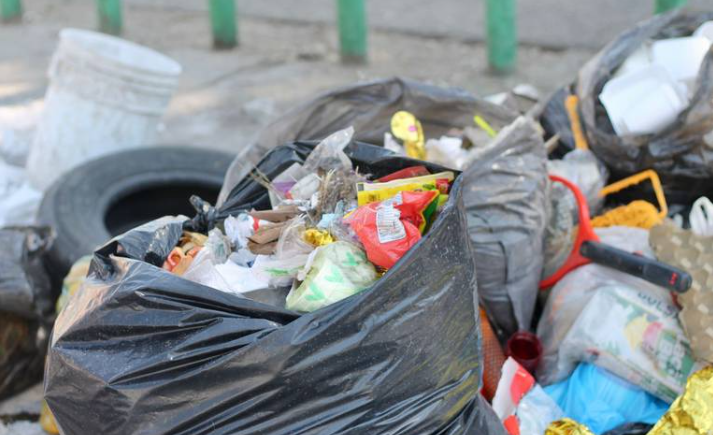
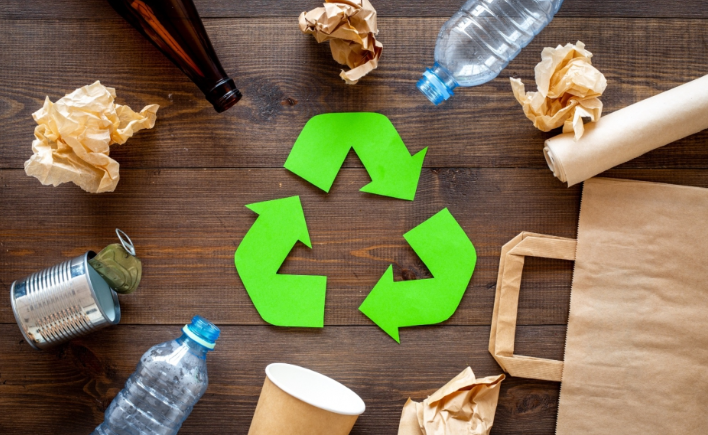
When recycling markets were booming in 2011, the cost of recycling in the United States was as low as $3 a year per household, but as of 2018, with tighter restrictions and the COVID-19 pandemic disrupting markets, costs skyrocketed to between $34 and $42. However, according to the study, even with these higher costs, the investment in recycling offsets the greenhouse gas emissions generated by unrecycled waste being buried in landfills.
The researchers give us a glimmer of hope by saying that if local governments restructure their recycling programs and focus on the most valuable materials with the greatest potential to offset carbon emissions, recycling can pay for itself and help reduce greenhouse gases. greenhouse effect. These star materials include newspaper, cardboard, aluminum and steel cans, and bot.
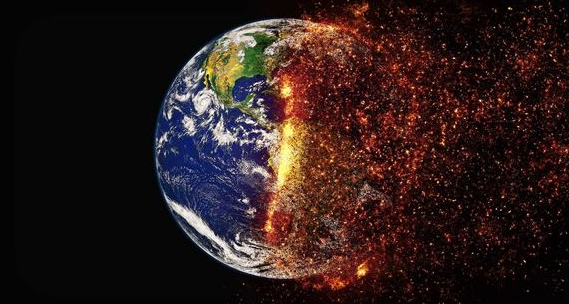
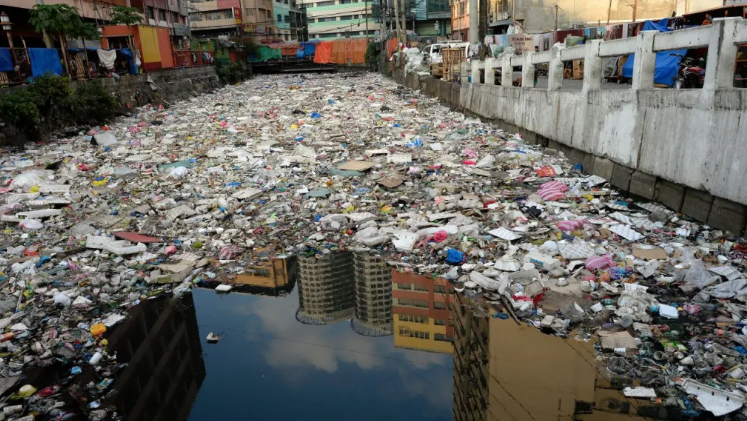
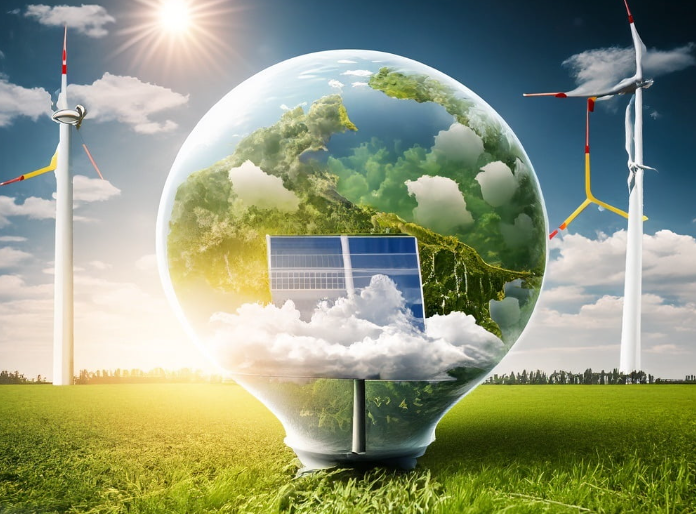
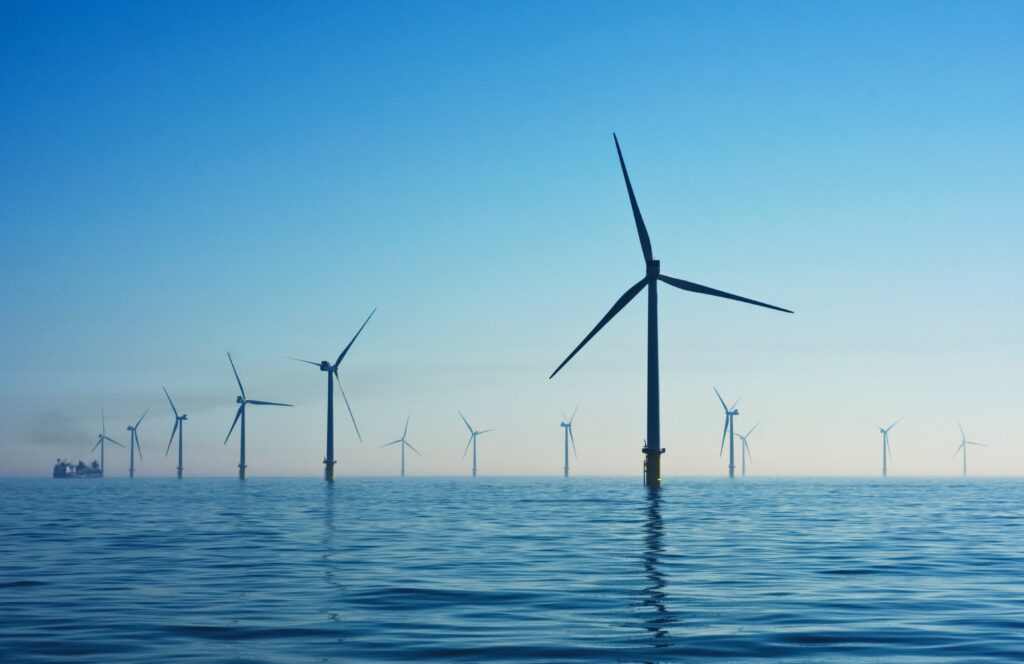
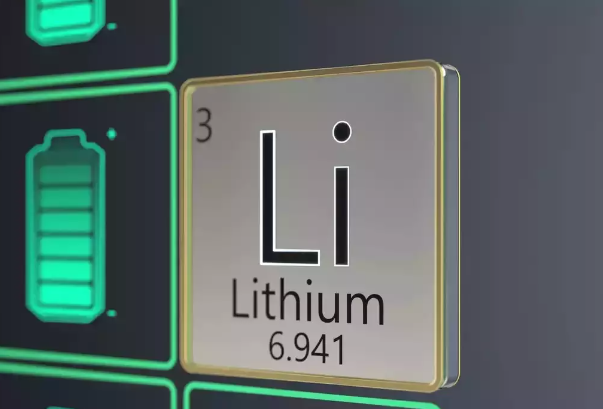
Responses